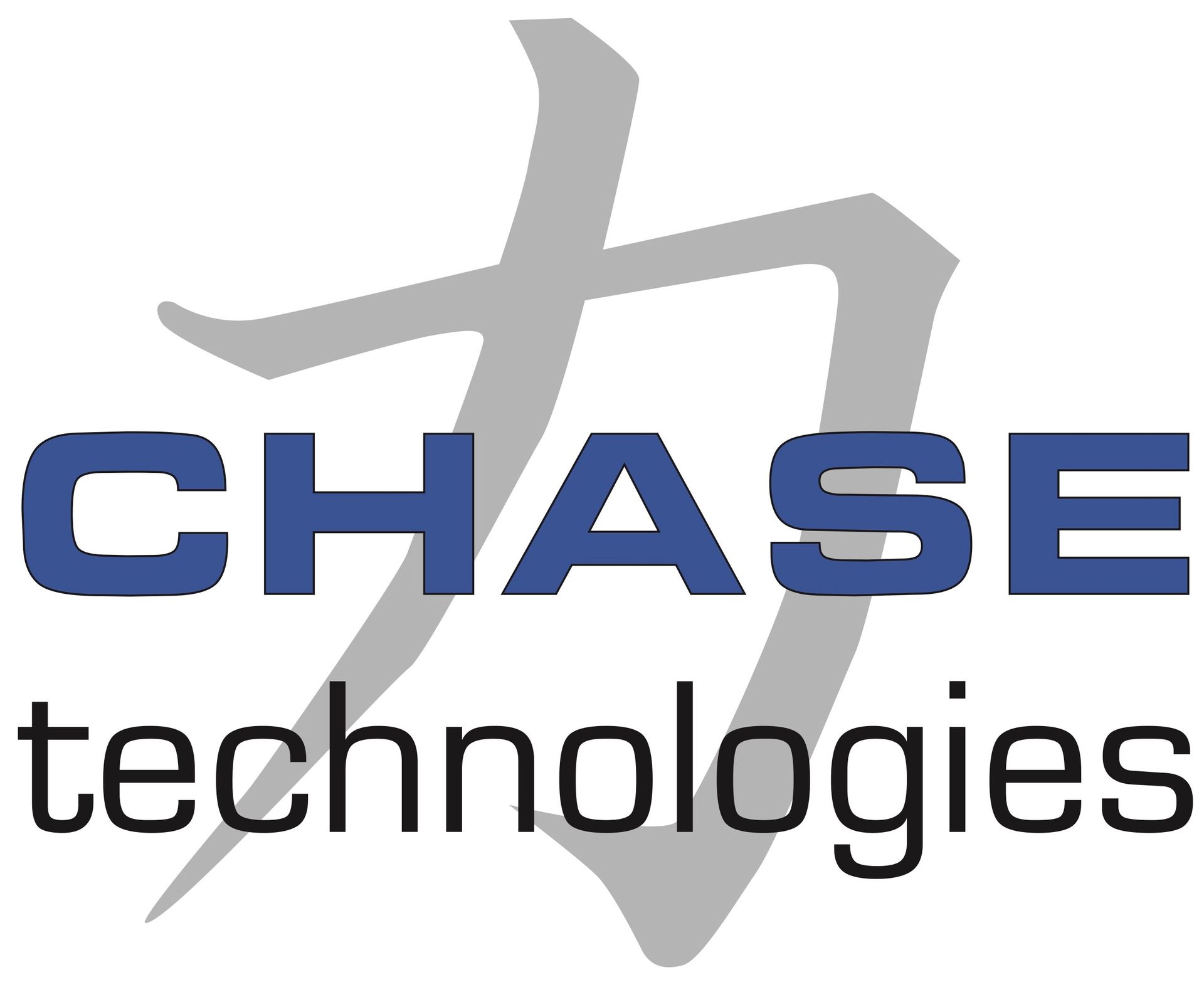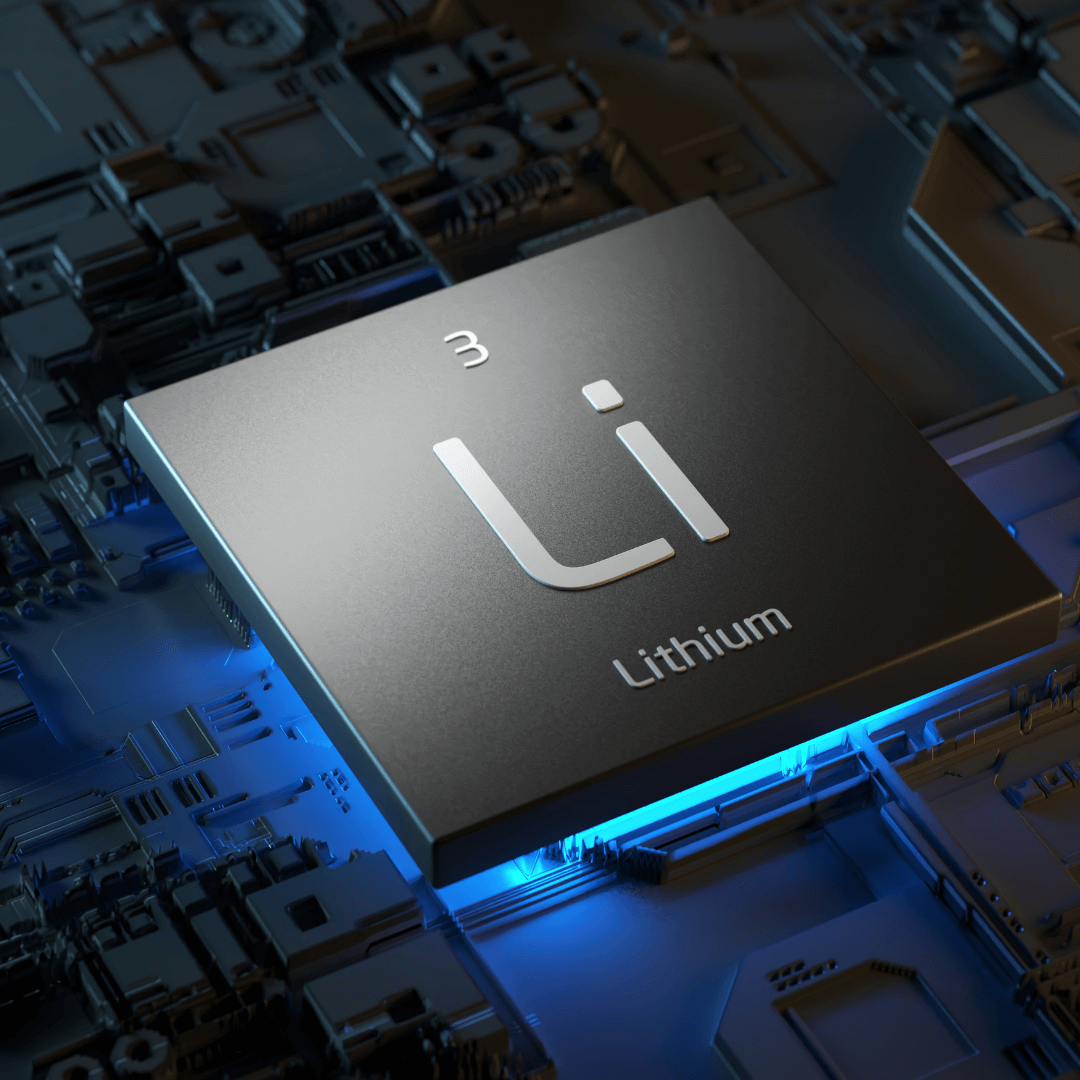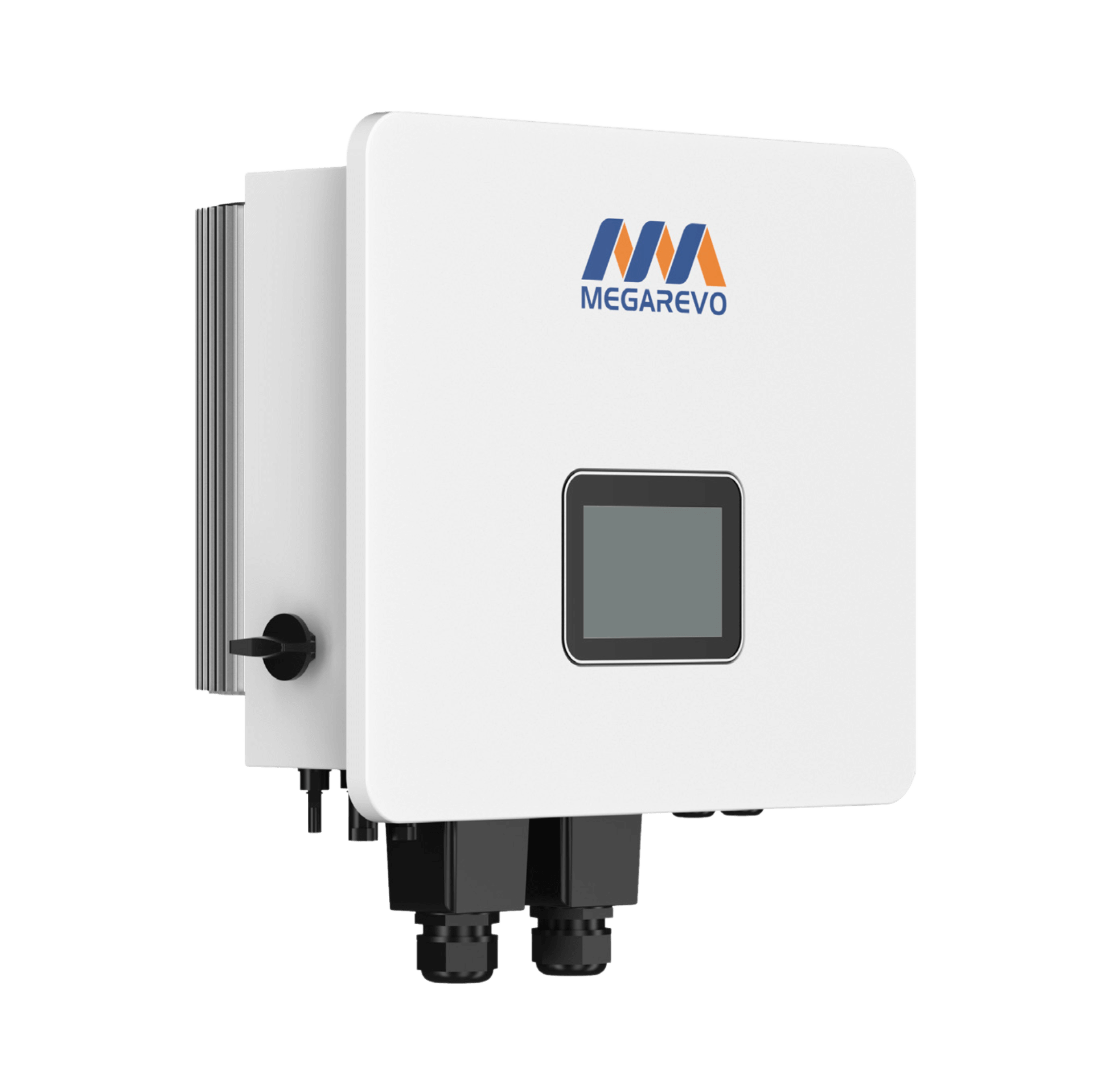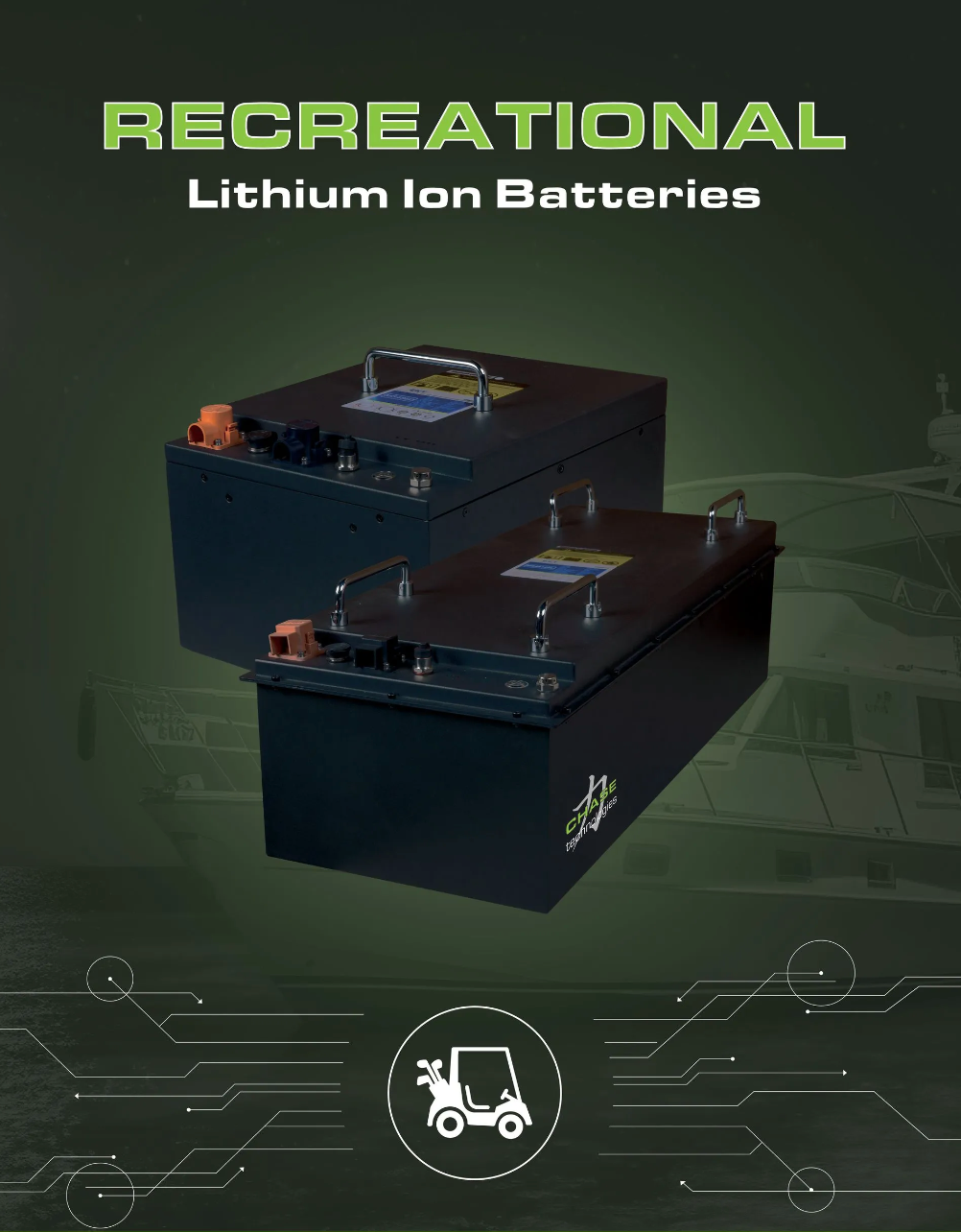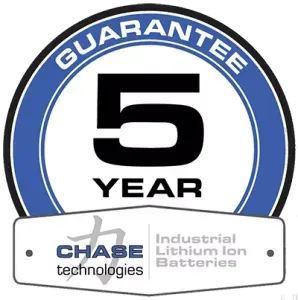Lithium Iron Phosphate vs Lead-Acid Batteries: Why LiFePO₄ Wins
As South Africa continues its shift toward more efficient and sustainable energy solutions, the type of battery technology you choose matters more than ever. Whether you're powering a solar installation, securing backup power for your business, or upgrading your energy system, it's time to move beyond traditional batteries.
Enter lithium iron phosphate (LiFePO₄) – a safer, longer-lasting, and more cost-effective alternative to lead-acid batteries.
What Is Lithium Iron Phosphate (LiFePO₄)?
LiFePO₄ is a type of lithium-ion battery that uses lithium iron phosphate as the cathode material. Known for its thermal stability, long cycle life, and enhanced safety, this chemistry has become the go-to choice for energy-conscious users.
Unlike standard lithium-ion batteries that can be prone to overheating, LiFePO₄ offers superior temperature resistance and chemical stability, making it ideal for harsh operating environments. It’s also maintenance-free and far less likely to degrade over time.Lead-Acid Batteries: The Traditional Choice
Lead-acid batteries have been around for over 150 years. Their low upfront cost has made them a popular option for vehicles, UPS systems, and backup power. However, their limitations are increasingly hard to ignore:
● Short lifespan (typically 300–500 cycles)
● Heavy and bulky design
● Slow charge rates
● Frequent maintenance required
For applications demanding long-term reliability and minimal intervention, lead-acid batteries often fall short.
LiFePO₄ vs Lead-Acid: A Comparison
Here’s how lithium-iron phosphate batteries stack up against their lead-acid counterparts:
1. Cycle Life
LiFePO₄ batteries typically offer 2,000 to 5,000 cycles, while lead-acid rarely exceeds 500. That means a single LiFePO₄ battery can outlast multiple lead acid units.
2. Efficiency
Lithium iron phosphate charges faster and retains more usable capacity, even at higher discharge rates. You get more power with less energy loss.
3. Weight
LiFePO₄ batteries are about 50–70% lighter than lead-acid. This makes them perfect for portable power systems, RVS, and marine use.
4. Safety
LiFePO₄ is one of the safest lithium chemistries available. It is non-toxic, non-explosive, and thermally stable even under extreme conditions.5.
Maintenance
No topping up with distilled water. No sulphation. Just plug and play, and forget about regular upkeep.
Total Cost of Ownership
While lead-acid batteries may be cheaper initially, they require frequent replacements, ongoing maintenance, and operate at lower efficiency. LiFePO₄ batteries, by contrast, offer years of hassle-free use, making them the smarter long-term investment.
Example:
A lead-acid battery might cost R3,000 and last 1–2 years, while a LiFePO₄ battery might cost R10,000 and last over 10 years, with better performance and lower running costs.
Applications for LiFePO₄ in South Africa
LiFePO₄ batteries are already transforming energy usage across the country:
● Solar energy storage: Maintain uptime even during load-shedding or grid failure.
● Business backup: Avoid power interruptions that affect operations.
● RV & marine: Lightweight, compact, and durable for life on the move.
● Telecom & industrial use: High reliability with minimal maintenance.
Why Choose CHASE Technologies?
At CHASE Technologies, we understand the local energy challenges and the technology
needed to overcome them. Here’s what makes us different:
- South African-based and trusted by professionals
- Expert advice tailored to your power needs
- Wide range of lithium battery products ready to ship
- Ongoing support and installation guidance
With thousands of installations across the country, CHASE is the name you can trust in lithium battery innovation.
It's Time to Make the Switch
The choice is clear. LiFePO₄ batteries outperform lead-acid in every meaningful category: safety, efficiency, longevity, and total cost. Whether you're upgrading an existing system or building a new one, lithium iron phosphate is the future.
Explore our lithium battery range or contact CHASE Technologies today for expert
advice.
